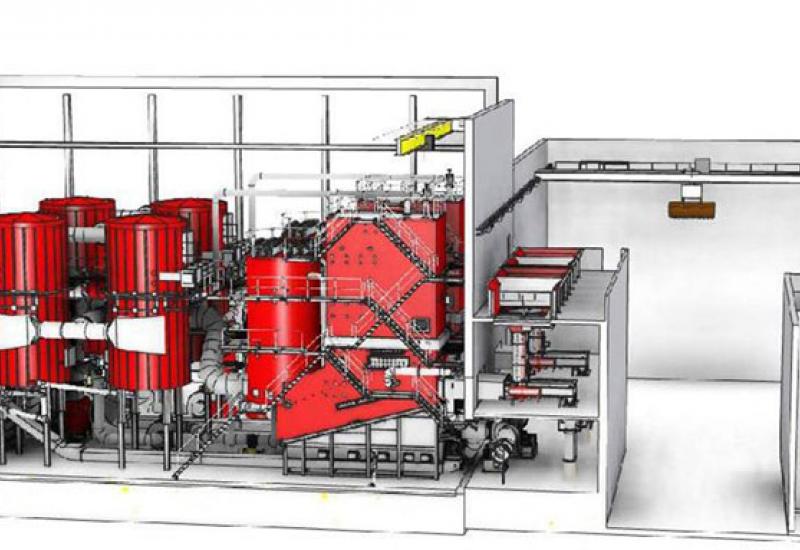Among the winners of the fourth festival of innovative projects "Sikorsky Challenge 2015" there is also the project of autonomous heating "Own heating" which is waited by students of KPI to be implemented. For its implementation by "Technology of Nature" company a record 260 million UAN were provided. The project idea is to provide the students’ campus with autonomous heating. The problem of insufficient heating is extremely important for KPI. All students know that during the heating period the average temperature in the audiences is about 14-16 degrees Celsius that is well below the standards (18 degrees Celsius). It threatens the academic process to be disrupted and causes to deterioration to the education quality deterioration. The "Own heating" project provides the construction of two boilers using high-efficiency heating equipment (their energy source are wood chips, or pellets), which will provide the heating for academic buildings, hostels and residential buildings of NTUU "KPI".
The project provides that the third parties will construct the modern energy efficient and environmentally safe source of heat in the territory of NTUU "KPI" by involved investments and by own expenses develop and agree the necessary project documentation, provide operation and maintenance of equipment, transportation and fuel reservation and so on. NTUU "KPI" as a project customer is obliged to buy the required amount of heat energy and the development company - to sell this amount of heat at a preferential rate that is lower than the cost of 1 Gcal of heat at the monopolist company rate of heat in Kiev. For its part, "KPI" provides a company-builder a land for the construction, the necessary information on the status and location of utilities and thermal loads. All financial costs for the design, construction and operation are born by the company-builder.
The proposed scheme of mutually beneficial relations between the KPI and the service provider would attract investment, reduce energy costs, create a comfort conditions and also gradually implement energy saving measures in buildings of KPI. Implementing this project, NTUU "KPI" will be able to develop laboratory facilities for research of new energy production technologies based on alternative fuel. The partner company, in turn, will have got the consumer with large amounts of heat consumption. The benefits for partner is also the presence territory to place energy sources, their existing distribution networks, compact location of customers, guaranteed high consumption (basic consumption - 76,000 Gcal per year), stable long-term income, prospects of connection to new facilities, the possibility of additional production (boiler fuel), and opportunities to distribute campus project in Ukraine and other consumers of the public sector.
The innovation of the project is the ability to attract scientific potential of NTUU "KPI" for research and development of technologies for the production of energy of alternative fuels, despite of modern filtering and heat generating equipment using. This includes laboratory work for students of faculty profile, implementation of research and so on.
Today it has already made calculations and thermal loads on specified objects of "KPI", performed hydraulic calculations of heating networks, developed technical and environmental requirements to the design of boiler, determined an estimated cost of the installation of boilers, develops the feasibility study for placing heat sources (economic, environmental rates, coordination of technical solutions). Investments obtained from "Technologies of Nature" will be used for approval of permits, design, execution of construction works and purchase of equipment for the two boiler capacity of 32 MW and 12 MW.
The team that represented the project at the "Sikorsky Challenge" festival: a docent of IEE Marina Shovkaliuk, a chief energy manager of KPI Elena Shevchenko and senior lecturer of TEF Yuri Shovkaliuk. Elena Shevchenko is co-author of Energy Saving Program and coordinator of the KPI between different structural units of the university, because for enforcing such a massive project coordination of various organizational issues is extremely important.

